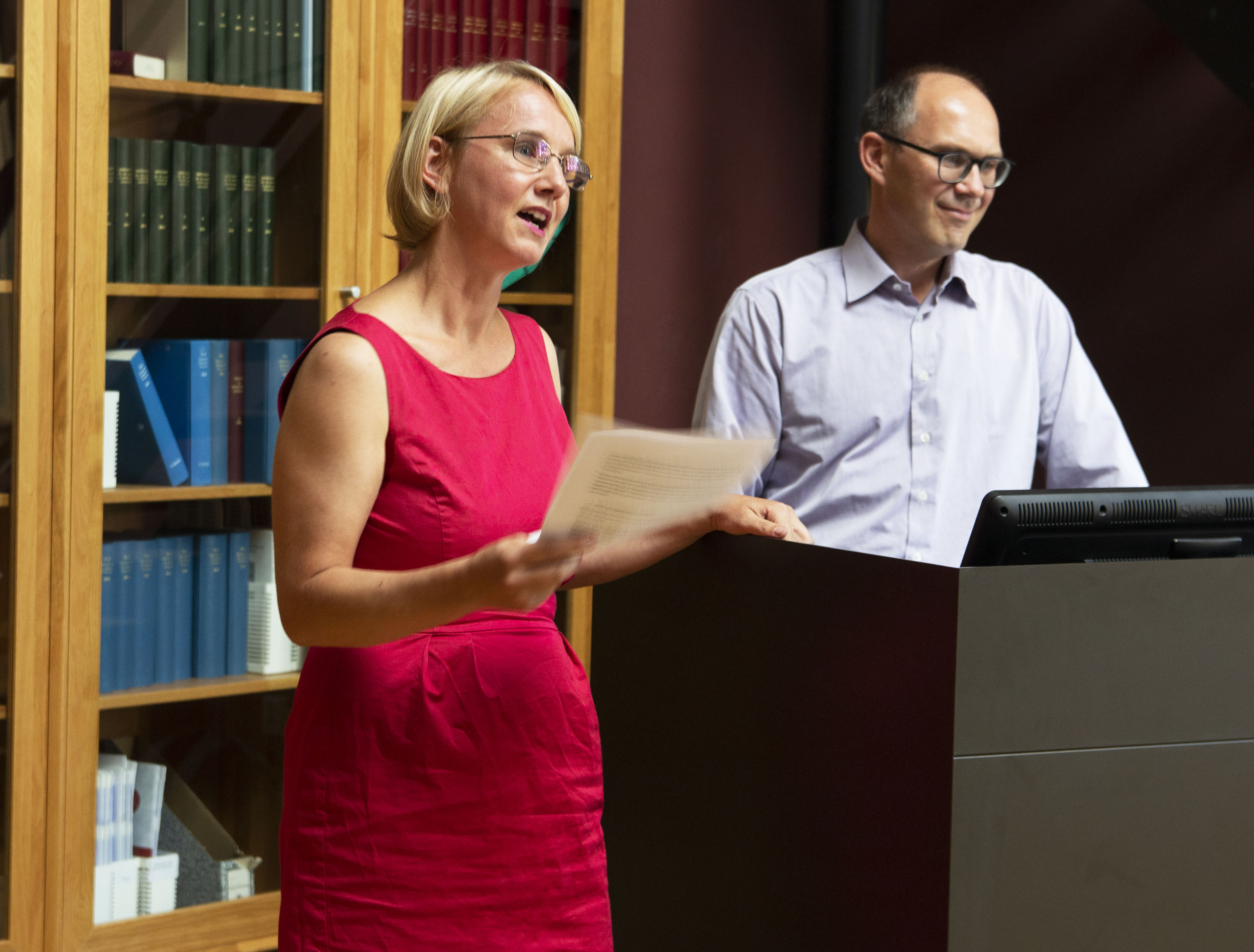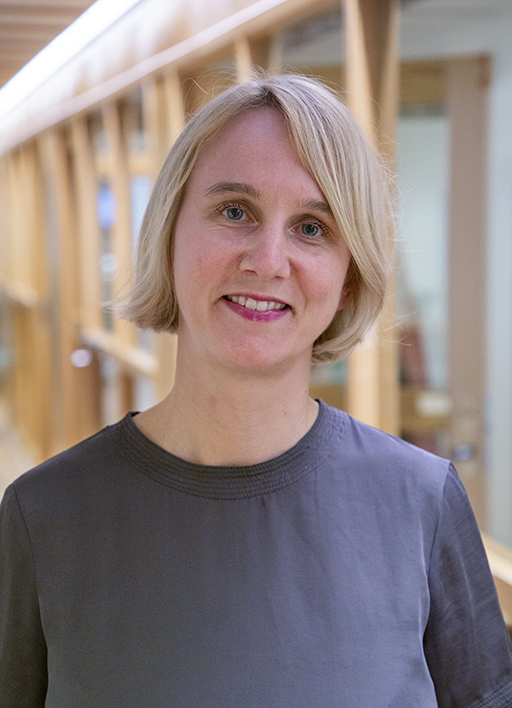Cathrine Holst: Alumna of the Month

Some of the questions her CAS project worked on were: Is there a trade-off between democracy and good policies? How can we operationalise political theory in practice? Does the use of experts in policy-making processes contradict democratic concerns? How can we deal with moral disagreement; can moral experts be a solution? We spoke with the professor about her time as a project leader at CAS.
Could you briefly explain what the CAS project ‘What is a Good Policy? Political Morality, Feasibility, and Democracy (GOODPOL)’ was about?
Policies are at the crux of political debates, and scientists across fields and disciplines are often involved in policy recommendations, proposing measures against climate change, social policies or health sector reform. How could this involvement be pursued in a defensible way? When is this or the other policy recommendation justified? What is a good policy? In the GOODPOL research group, we took this seemingly super-applied question and made it into a topic of fundamental, theory-oriented research. A key contention was that for policies to be ‘good’ they must have a sound moral basis and a democratic mandate, yet also be feasible. However, people and philosophers alike disagree on what is morally right; democratic decisions may have morally harmful consequences, and what is ideal from a moral point of view is often not implementable. What then? In our research group we let researchers from philosophy, law and the social sciences meet, debate and cooperate to address this puzzle.
CAS’ mission is to further excellent, fundamental, curiosity-driven research. Why is fundamental research important?
In present-day research policy, there is pressure on research to be immediately useful and have a visible short-term impact. I am all for addressing societal challenges and for making r

esearch with impact. I have also experienced that many researchers with an applied orientation are immensely curiosity-driven in their inquiries. What I find deeply worrisome however is short-termism as a powerful ideology currently, also affecting the governance of academia. To properly develop and test complex scientific theories requires hard work and often concerted efforts over time. Also, the features and our conceptions of societal challenges may change as time goes by. Think about Covid, think about the Russian invasion – game-changers come along all the time. We need research policies that recognise this, and a much better understanding in society and among politicians of the importance and even urgency of fundamental research. To get there, I believe researchers themselves must step up much more and communicate better how proper science comes about and why we need it.
In what way, if at all, did the year at CAS affect your research career?
Hm, it is hard to assess the drivers and features of one’s own career… Certainly, I developed cooperation with some research colleagues during the CAS year that is still vital for my research. I also worked out some questions and approaches that I believe will be with me in the years to come, in projects, studies and publications. I have also received research grants, recently through FRIPRO (Research Council of Norway) together with Johan Christensen, one of my close GOODPOL colleagues. I think I also have grown even more transdisciplinary in my academic orientation after the CAS year. I have always worked a lot across disciplines, but I have become more confident regarding the importance of challenging the established boxes and tribes of academia. The research questions that trigger me the most are often to be found at the interface between disciplines.
What are you currently working on?
We are about to start our FRIPRO project called ‘The influence of experts in public policy.’ Currently, I am also so lucky to be a visiting scholar at the Department of History and Philosophy of Science at the University of Cambridge, in part thanks to generous funding from the CAS Alumni Fellowship. While being here, I’m working on a project on the role of philosophers in contemporary public policy. Philosophy is on the rise as policy science and so-called ‘ethics experts’ are called for in areas such as biomedicine and technological innovation, but increasingly also in other policy areas. This raises a range of intellectual as well as democratic challenges, but also opens some interesting opportunities.
What do you remember best from your stay at CAS?
We had our project during corona restrictions, so there were many limitations. Still, we were often allowed to meet at CAS in Drammensveien, a smaller group, sometimes sitting metres apart, inside, or in the lovely garden. I have vivid memories of our conversations and free-spirited exchange of ideas. It all got a new level of meaning in the lockdown situation where I really learnt how important informal chats and face-to-face encounters are for research. That is, Zoom and Teams can be just fine up to a certain point – we organised several digital events with some success, I think. But over time there is really a limit to it.
What advice would you give to future CAS project leaders?
Well, if possible, make sure a pandemic does not strike during the project period. But if it does, have a plan B where you think through digital solutions and locals who can step in if international visitors cannot travel. Joint leadership with the right person is a joy! I really recommend that. If you already live in Oslo on a permanent basis, tell people that your work this year is at CAS, and that you cannot do all the stuff you ordinarily do at the same time. Organise a reading group and read some good scholarly pieces that may stimulate group members. I found this really rewarding. Also, invest some time and effort to get to know the other research groups that are at CAS at the same time, and the CAS administration. When we were there, there turned out to be some really wonderful people in the other offices.